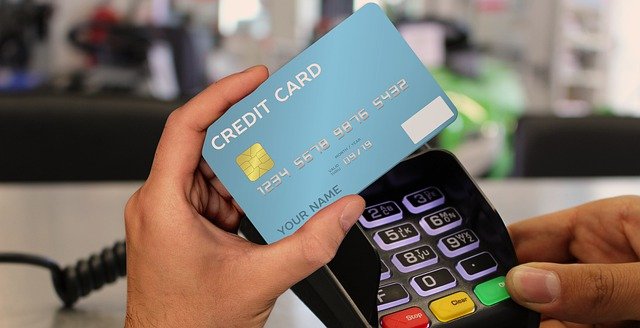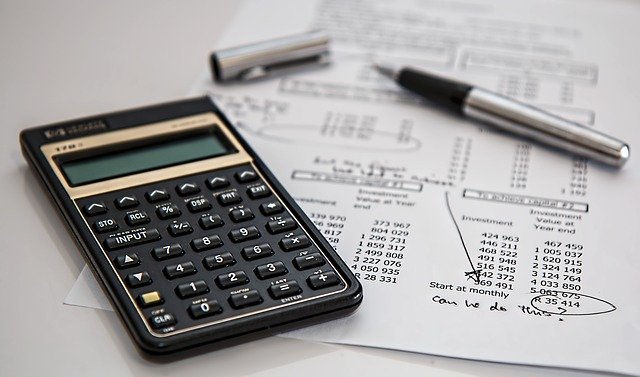Whether you’re trying to buy a new home, finance a new automobile, or simply sign a new rental agreement, you’ll be shocked at how much your credit score can influence your possibilities. It’s one of those things you don’t think about until you need it, and if it’s preventing you from moving forward in life, you’ll want to discover some fast techniques to improve your credit score. Here are some things you can do to improve your credit score.
- Have active, open accounts that are in good standing
Your credit score is a reflection of how successfully you’ve handled credit in the past. You will not have a decent credit score if you do not have any accounts or if all of your accounts are closed or delinquent.
Adding positive accounts to your credit report will improve your credit score. Starting again with a secured credit card or another credit card for bad credit may be necessary.
- You must pay all of your bills on time.
Your payment history has the greatest impact on your credit score. The more on-time payments you make in your credit history, the higher your credit score will become. Even one late payment may indicate that you haven’t modified your negative credit practices, so pay on time every time.
- Don’t Allow Your Accounts to Go to Collections
One of the most significant sorts of delinquencies is a debt-collection account. Because every account, even a tiny library fine or your child’s lunch fees, has the potential to go up on your credit report, it’s critical that you pay off all of your obligations or make payment arrangements with the biller.
- Reduce and maintain your balances
Another aspect that has a significant impact on your credit score is the quantity of debt you have. Lower balances are better for your credit score, so pay them down if you have large balances. The recommended credit-utilization percentage for all available credit as well as any particular credit card is less than 30%. The smaller the number, the better. Aim to bring your balances down to that level or lower.
- Check that your credit limits are correctly reported.
Not only does the quantity of debt you carry effect your credit score, but so does the ratio of your credit card debt to the credit card limit.
If your credit limits are not appropriately recorded, it may appear that you have maxed out your credit card. You can file a dispute with the credit bureau or call your creditor to find out why your credit limit isn’t being reported correctly.
- Have Various Account Types
When you have expertise with numerous sorts of credit accounts, your credit score rises. That implies having credit cards as well as instalment loans, particularly a mortgage, on your credit history.
You shouldn’t open new accounts, especially significant loans that you can’t afford, just to improve your credit score. Instead, open accounts as needed, but be cautious about the types of accounts you open.





